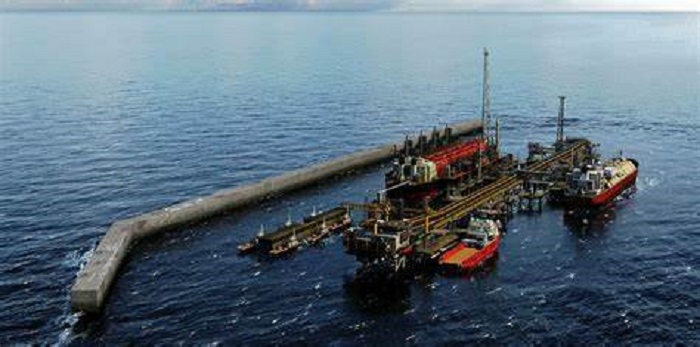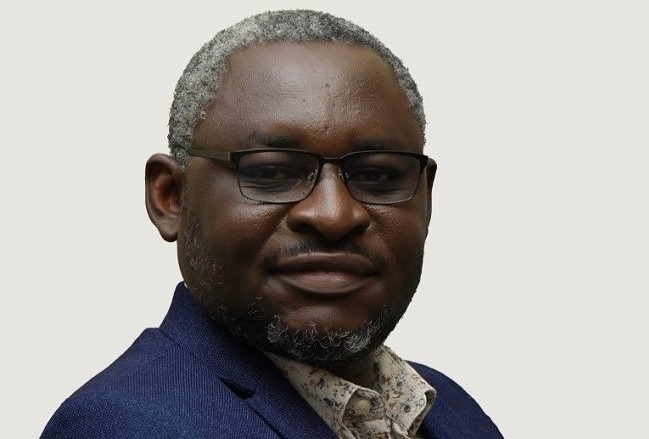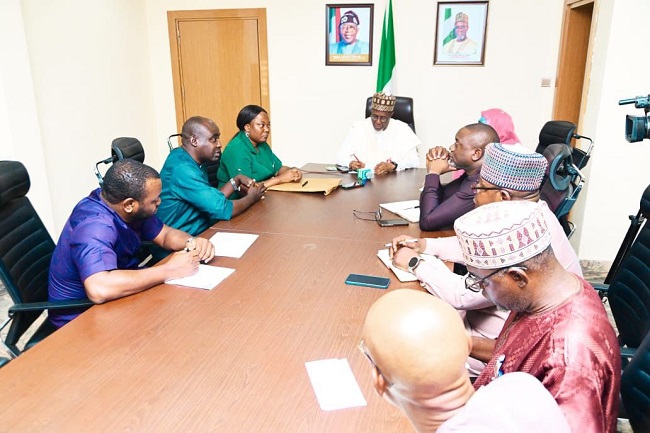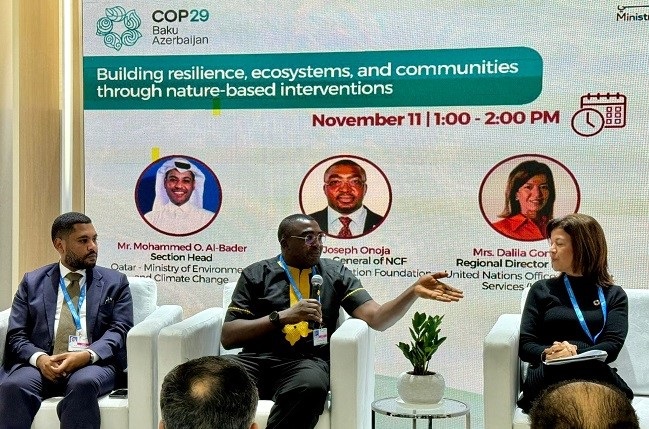The Lagos-Calabar Coastal Highway project is a major road project aimed at connecting coastal cities in Nigeria’s south.
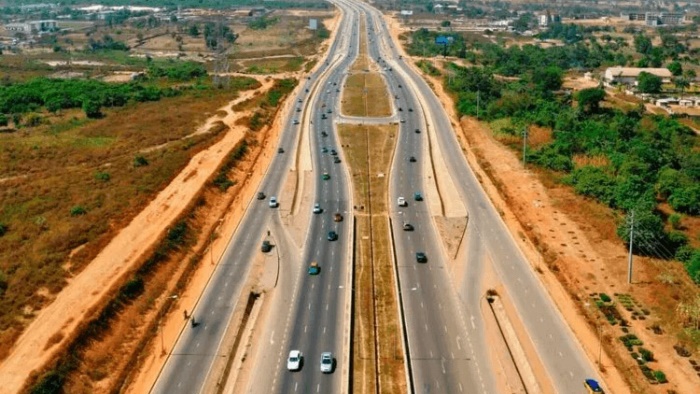
The highway will connect Lagos, Ogun, Ondo, Bayelsa, Rivers, Akwa Ibom and Cross River states, and have three lanes in each direction.
The Federal Government officially announced the conception of the N15.6 trillion ($12.5 billion) project in March 2024, and construction began shortly after, with President Bola Tinubu officially flagging off the project.
According to Tinubu, the 700km road will revolutionise transport across Nigeria and boost tourism and economic growth.
The president gives the assurance that the project, to include a rail line, will be a landmark treasure while serving as a good precedent in timely provision of world-class infrastructure.
He emphasises the long-lasting impact of the project and its significance, saying that the project expected to be completed within eight years, symbolises a brighter future, fostering hope, unity and economic prosperity.
Tinubu is delighted that the highway will connect communities, create opportunities for millions of people and ultimately encourage bold actions essential for the nation’s progress.
The Minister of Works, Sen. David Umahi, is satisfied that the coastal highway will significantly reduce travel time and transport costs in the area.
He says its improved connectivity will boost trade, tourism and overall economic development.
Umahi is convinced that the project will generate numerous employment opportunities during construction and operation.
He expresses the commitment of the Federal Government to delivering the project to Nigerians in time, assuring that the 47km currently under construction will be completed by May 2025.
“The construction of the train track for section I is going to take off in 2025, and we believe strongly that the President is going to give Nigerians the road infrastructure that they have been yearning for.
“We are going to plant trees and, of course, we are going to also have some laybys.
“We can decide that, in every five kilometers, we have a layby where we connect all our CCTV cameras, and then, we have vehicles and security within the cabin there, so that the response time will be like 10 minutes,” he explains.
Umahi is confident in the ability of the contractor, HITECH Construction Company, to deliver the project as scheduled.
However, critics have raised some concerns about the project, including its potential to cause job losses, and alleged lack of transparency in the project’s planning and execution.
They also ask whether the project is a priority.
In spite of the criticisms, the landmark project has received support from stakeholders.
The National Assembly Joint Committee on Works says the highway is a work in progress, passing a vote of confidence in the minister of works.
The committee has pledged adequate support for the Federal Ministry of Works in the execution of the project, endorsing it as a legacy and praising Tinubu for its conception.
The Chairman, Nigeria Society of Engineers, Ikeja Branch, Mrs. Nimot Muili, believes that the project will boost economic growth by facilitating trade, commerce and investment.
According to her, it will also offer valuable learning opportunities for engineers at all levels.
Muili is delighted that the project is showcasing the importance of collaboration among engineers from different organisations in achieving significant infrastructure projects.
“The level of professionalism being displayed by all involved is really commendable.
“That means that Nigerian engineers are doing very well, and we can do better,’’ she argues.
On the use of concrete in the coastal highway construction, Mr Kunle Awobodu, a former President of the Nigerian Institute of Building, is satisfied.
According to him, concrete is more durable compared to asphalt, particularly in environments where water is a significant threat.
“Water is a major threat to asphalt roads while concrete is more resistant to its damaging effects.
“However, both concrete and asphalt roads require a solid base for proper support,” he argues.
Mr Olumide Adewebi, the immediate past Vice-President International, Nigerian Institution of Surveyors, affirms that concrete is more suitable for roads experiencing heavy traffic.
According to the surveyor, concrete will withstand wear and tear caused by numerous vehicles and prevent formation of potholes.
“I think that the fact that the minister of works is a seasoned engineer has a huge influence on this new direction of the Federal Government,” Adewebi says.
According to him, although concrete may have higher initial costs, savings in maintenance, reduced need for frequent repairs, and improved traffic flow will outweigh the costs.
He, however, emphasises the need to follow specifications and standard procedures during the construction to ensure quality.
The Federal Controller of Works in Lagos State, Mrs Olukorede Kesha, remarks that the contractor handling the coastal highway project has been diligent.
She is optimistic that the contractor will keep to the project’s design and meet the completion deadline.
According to her, the highway project is listed as a flagship project of the Tinubu administration due to its significant benefits.
Analysts urge diligence and transparency in the execution of the coastal highway project.
By Lydia Ngwakwe, News Agency of Nigeria (NAN)

